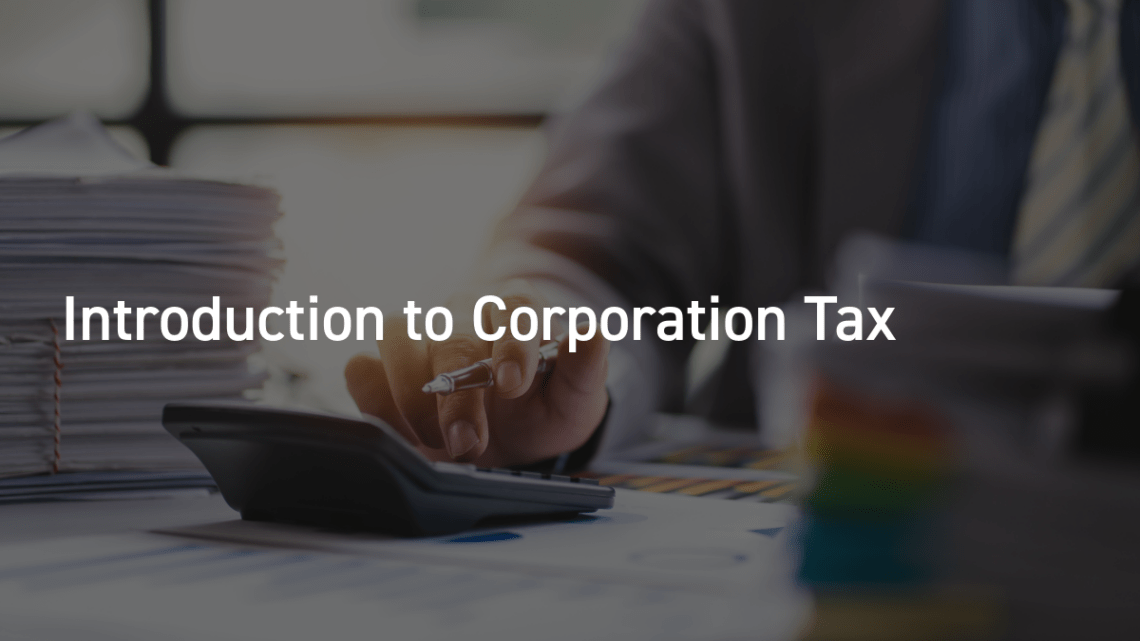
All corporate bodies, including companies, local associations, charities, must file a Corporation Tax return and pay Corporation Tax on their profits (if any), unless they are exempt from filing.
The UK regime potentially includes all bodies incorporated in or controlled from the UK.
In this article, Andrew Tall, Corporate Tax Partner at HW Fisher, outlines what Corporation Tax is and how it is calculated.
What are the UK Corporation Tax rates and payment dates?
The main rate of tax is 25% and is applicable to all corporate bodies with notional profits calculated as taxable profits plus certain dividends above £250,000.
Profits below £50,000 are taxed at 19% and intermediate profits are taxed at an effective rate of 26.5%. The rate is not expected to increase in the future as both major parties are committed to encouraging investment into the UK.
For companies with profits below £1.5m the tax is payable 9 months and a day after the end of the tax return period. Companies with profits of £1.5m or more must make four equal payments of tax under the quarterly instalment payment regime.
For profits under £20m the first payment is due 6 months and 14 days from the start of the tax return period and then every 3 months. For taxable profits over £20m the payments are due 2 months and 14 days from the start of the tax return period and then every 3 months.
The above thresholds are reduced pro-rata for the number of active companies under common control worldwide, whether taxable in the UK or not.
Different tax rates apply to oil companies, energy production companies and residential property developers with turnover over £25m p.a.
How are taxable profits calculated?
Companies are subject to UK tax on its worldwide profits. Credit is given against UK tax for the lower of the unavoidable foreign taxes and the UK tax on the relevant profits.
Profits are calculated based on accounting profits. Normal business expenses may be deducted except for corporate hospitality, albeit with special rules for capital expenditure (particularly on intangible assets and property) and interest.
Most dividend income is exempt from tax, as are capital gains on the sale of shares in trading subsidiaries where at least 10% of the share capital has been held for at least a year.
The UK permits expenditure on most new plant and machinery to get full relief in the year of acquisition. Relief for other capital expenditure is available either during the ownership period or when the asset is sold.
Enhanced relief is available for certain research and development costs on cutting edge scientific and technological research.
Withholding Taxes (WHT)
The UK imposes WHT on certain payments made outside the UK and to individuals as follows:
Transfer Pricing
The UK has a transfer pricing regime based around OECD standards and is in the process of implementing the Global Minimum Tax (pillar 2). The UK transfer pricing regime applies to large groups and also businesses which transact with related parties in tax countries without a full double tax agreement with the UK, the regime acts to restore UK taxable profits where related party transactions would otherwise export profit to another country.
Filing obligation
All non-exempt corporate bodies must file a tax return, accounts and computation reconciling between the two, within 12 months of the end of their accounting period.
If you are interested in speaking to Andrew Tall about your Corporation Tax obligations, you can get in touch with him here.
We’d love to hear from you. To book an appointment or to find out more about our services: